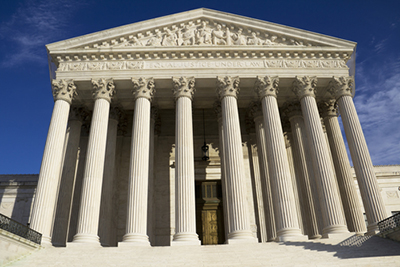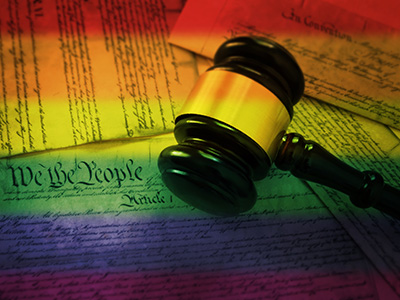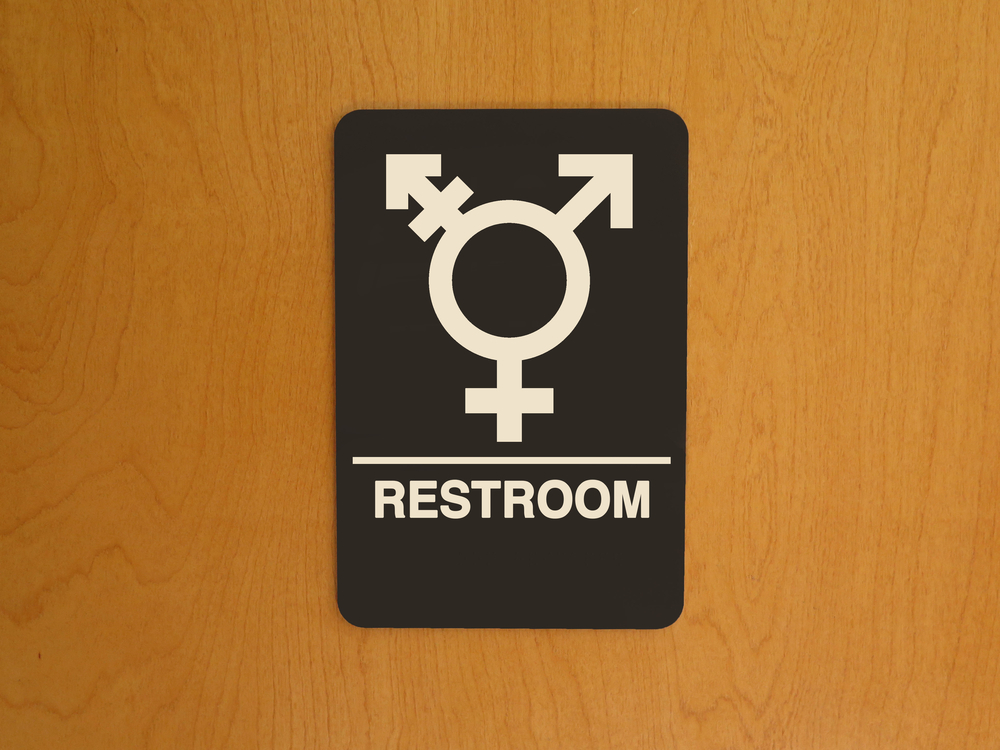As early as November 30, 2018, the U.S. Supreme Court will decide whether to hear three high profile employment cases that question whether Title VII’s ban on sex discrimination protects gay and transgender employees. These cases have significant implications on the proper scope of Title VII and the rights of the LGBT community in the workplace.
Under Title VII, an employer has engaged in “‘impermissible consideration of … sex … in employment practices’ when ‘sex … was a motivating factor for any employment practice,’ irrespective of whether the employer was also motivated by ‘other factors’.”








